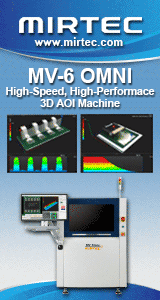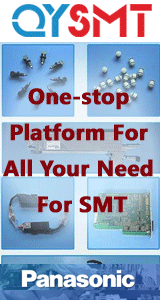Verdant Electronics

Pioneers in the area of solderless assembly technology and originators of the OCCAM process. Developing IP for next and future generations of high reliability and better performing electronic products.
Verdant Electronics is developing a new solder-free electronics assembly process tentatively being called the Occam Process in honor of the 14th century philosopher whose words inspired the concepts found herein. Products built by this process are expected to be more reliable than previous solder-free strategies (e.g., using conductive adhesive as a solder substitute) as well as traditionally manufactured soldered assemblies. The reverse order interconnection process embodies mature, low-risk, familiar core processing technologies in a novel sequence. Because components are interconnected by means of copper plating after they are assembled into their final positions in an encapsulated module, conventional circuit boards are not required. Prototype assemblies using this new technology are currently being characterized.
The process has demonstrated the conceptual potential for the manufacture of high-density, high-performance, high-reliability and environmentally (i.e., RoHS) compliant next-generation solutions for products ranging from consumer to mil-aero applications. Inherent in the concept is elimination of high-temperature exposure, tin whisker risk, and vulnerability to mechanical shock and thermal cycle fatigue failure. Other anticipated benefits include simplified design (tightened geometries for higher-density form factors), fewer processes (including elimination of all solder processing and associated issues), and diminished material costs and supply infrastructure.
Verdant Electronics Postings
1 technical article »
Method for the Manufacture of an Aluminum Substrate PCB and its Advantages
Sep 17, 2015 | Joseph Fjelstad
RoHS legislated restrictions on the materials used in electronics manufacture have imparted significant challenges on the electronics industry since their introduction in 2006. The greatest impacts have been felt by the mandated elimination of lead from electronic solder followed by the demand for the elimination of haloids from flame retardants used in traditional PCB laminates. In the years which have followed the electronics industry has been beset with a host of new challenges in its effort to comply. Failure mechanisms, both new and old, have surfaced which demand solution and the industry suppliers and manufacturing technologists have worked diligently to remedy those vexing faults through the development of a wide range of new materials and equipment for both board manufacture and assembly, along with modifications to the processes used in the manufacture and assembly of printed circuit boards....






